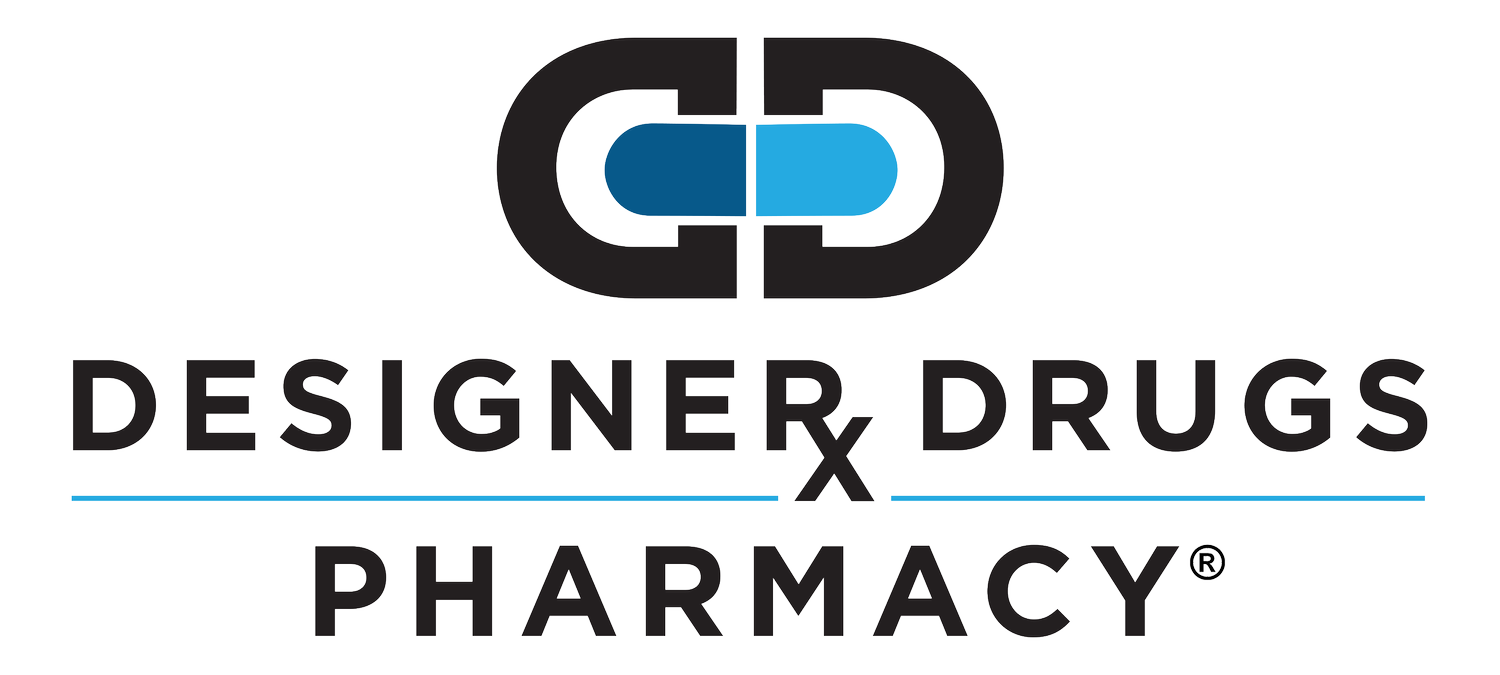Explaining Common Supplements for Immunity
Football season is here, there’s briskness in the morning, the kids are back in school and here in SEC country, we are happily wearing our favorite team’s logo on Football Friday at work! There is NO TIME to get sick. I’d like to explain many of the supplements that rose in popularity in the last few years, so you can decide which to keep in your cabinet. Most of these are for strengthening your immunity, and after the last few years, I’ve curated the best from what I’ve read, heard, researched, and gathered from experts, elite brands, PhDs, and physicians. I will go into each of the 5 products I recommend, and summarize: Vitamin D, Gut Health, Antioxidants, Zinc, and Medicinal Mushrooms.
Vitamin D and Immune Health
Vitamin D receptors are present in certain immune cells. This means these cells need Vitamin D to work effectively. There needs to be enough Vitamin D in your bloodstream so there is enough available to bind to these immune cells. Next time you are having labs drawn, ask your physician to draw a Vitamin D level. Despite the “range,” most experts agree that a level over 50 ng/mL is your target.
Most trials on Vitamin D levels are retrospective in nature, where there are associations made between illnesses such as ear infections, upper respiratory infections, viral infections, cancers, and autoimmune disorders and low vitamin D levels.
Gut Health and Immunity
You often hear quoted 70% of your immunity lives in your gut. The gut microbiome is complex, and we are learning more and more about it every day. I recently attended the neurology module of my Fellowship in Anti-Aging Medicine, and there is a connection between the gut, your brain, and mental health! Lactobacillus and Bifidobacterium are the stars, but there are others. Besides the “gut benefits” of having a healthy gut, a healthy gut microbiome ensures healthy immune system maturation, potential reduction in respiratory tract infections, is anti-inflammatory, and benefits autoimmune conditions.
Antioxidants
Antioxidants such as Vitamin C, the bioflavonoids quercetin, and resveratrol (some of the highest-powered antioxidants in existence) work together for a synergistic boost for your immune response and are thought to also reduce inflammation. Resveratrol is a bioactive antioxidant that is found in grape skin, and superfoods such as blueberries, and raspberries. Vitamin C, quercetin, and resveratrol have been studied in vitro and may also inhibit viral replication.
Zinc
Zinc is an essential mineral, and your body cannot make it on its own. Low zinc levels disrupt immune system maturity and communication which is necessary to fight any infection. Zinc has both human and animal studies demonstrate the association between adequate zinc levels and fewer viral infections. This makes sense because zinc disrupts viral replication as well as its role in a robust immune response.
Medicinal Mushrooms
We laughed at the pharmacy because when I ordered the product that contained medicinal mushrooms, it did not “sell well” if we said the word “mushrooms.” The product also contains Elderberry, so we went with Elderberry! I say we laughed, and I even like to eat mushrooms, but somehow, I still “get it.” Let’s see if I can change our minds.
When I say medicinal mushrooms, in this case, I’m referring to Cordyceps, Shiitake, Maitake, and Reishi. Medicinal mushrooms each have slightly different effects on enhancing the immune system, but they are all a rich source of Beta-Glucan, a soluble fiber derived from the cell walls of algae, bacteria, fungi (mushrooms), yeast, and plants. Beta-glucan from fungal cell walls produces a strong immune response when exposed to an invader through a variety of mechanisms. Also, Reishi Mushroom is known as the “mushroom of immortality” in China! This is due to its anti-inflammatory, antiviral, and antioxidant properties.
You can shop all of these products to help boost your immune system in-store at the pharmacy!
TANYA MANONI is a Chattanooga-native but earned her BS in chemistry and PharmD at the University of Utah. She is pursuing her fellowship in Anti-Aging and Metabolic Medicine through A4M and George Washington University.
She brings with her years of experience in compounding and pharmacy corporate management. Tanya's professional interests include not only BHRT, women’s health, and dermatology, but also nutrition and fitness, in which she became interested while playing NCAA Division I college soccer.
Tanya developed Designer Drugs’ medical grade skin care line Designer+Cosmeceuticals. She uses her chemistry knowledge to select active ingredients and concentrations and formulate products for the line.
She lives in Chattanooga with her husband and two kids, so you will find her running between soccer fields and dance studios in her free time.
